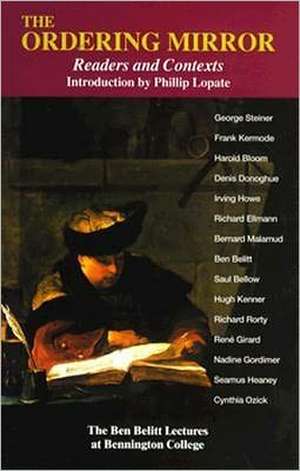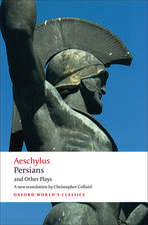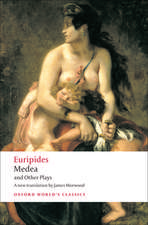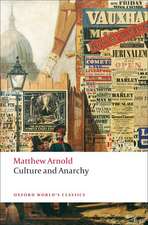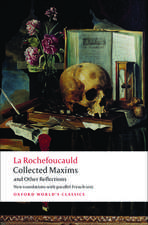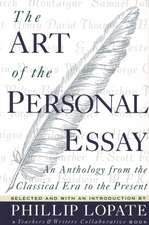The Ordering Mirror – Readers and Contexts
Autor Phillip Lopateen Limba Engleză Hardback – 31 dec 1992
Preț: 421.01 lei
Nou
Puncte Express: 632
Preț estimativ în valută:
80.56€ • 84.11$ • 66.67£
80.56€ • 84.11$ • 66.67£
Carte tipărită la comandă
Livrare economică 05-19 aprilie
Preluare comenzi: 021 569.72.76
Specificații
ISBN-13: 9780823215157
ISBN-10: 0823215156
Pagini: 304
Dimensiuni: 159 x 235 x 15 mm
Greutate: 0.71 kg
Ediția:New.
Editura: Wiley
ISBN-10: 0823215156
Pagini: 304
Dimensiuni: 159 x 235 x 15 mm
Greutate: 0.71 kg
Ediția:New.
Editura: Wiley
Recenzii
"Each of the 14 essays in this collection was originally presented at Bennington College's Ben Belitt lectures series which was founded in 1978 to honor poet, critic and Bennington teacher Belitt. Scholarly in tone, the pieces cover a wide range of literary topics, including an article by the late Irving Howe on becoming a literary critic; a discussion by Nobel laureate Nadine Gordimer on the relationship between politics and fiction; an offering by Harold Bloom on the sexual imagery in Walt Whitman's poetry and Belitt's own lecture on literature and religious belief. As Lopate ( Bachelorhood: Tales of the Metropolis ) points out in his introduction, the selections, although written by outstanding authors and critics, lack ethnic variety and include only two essays by women. The collection will be of interest primarily to serious students of literature.
Textul de pe ultima copertă
In 1977, Bennington College alumna Edith Barbour Andrews established the Ben Belitt Lectureships in gratitude to her teacher Ben Belitt and dedicated the publication of the lectures (in the form of chapbooks) to the memory of William Troy, another of her beloved teachers. The collection, published here in one volume, comprises lectures by some of the most inspiring writers and keenest critics of our time. In his introduction to The Ordering Mirror, Phillip Lopate contrasts the anticipation and the audience/lecturer dynamic inherent in attending the yearly lecture, with the experience of reading them, and the opportunity for reflection and comparison. Lopate summarizes that "It is enough to appreciate that we are watching masters of the game of essay-writing, who, even as they comment on the masterpieces of other writers, practice their own wizardry".
